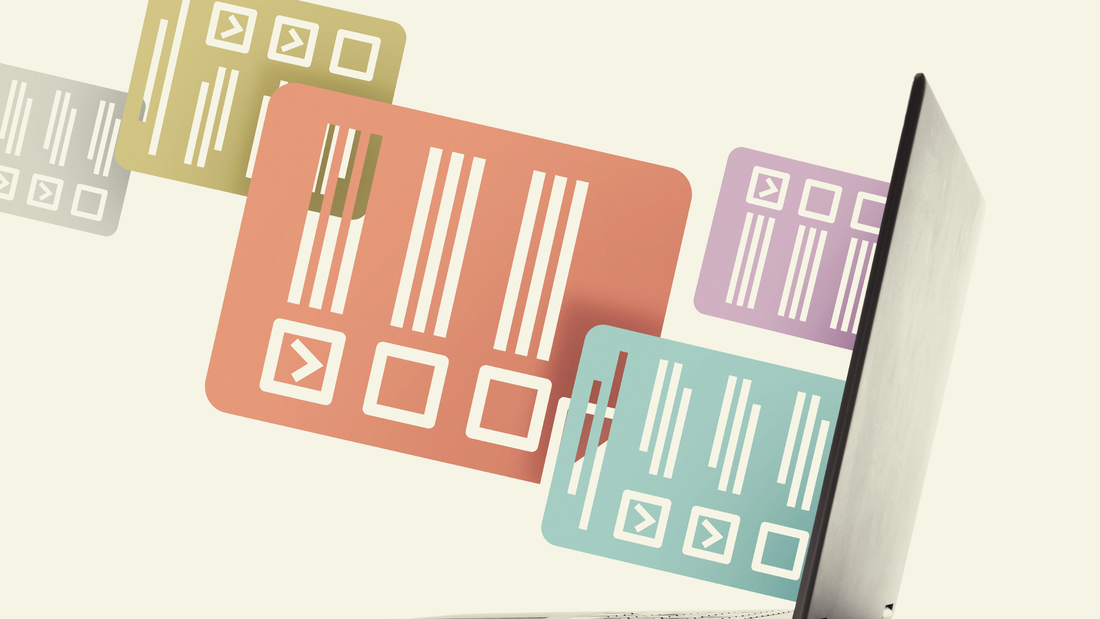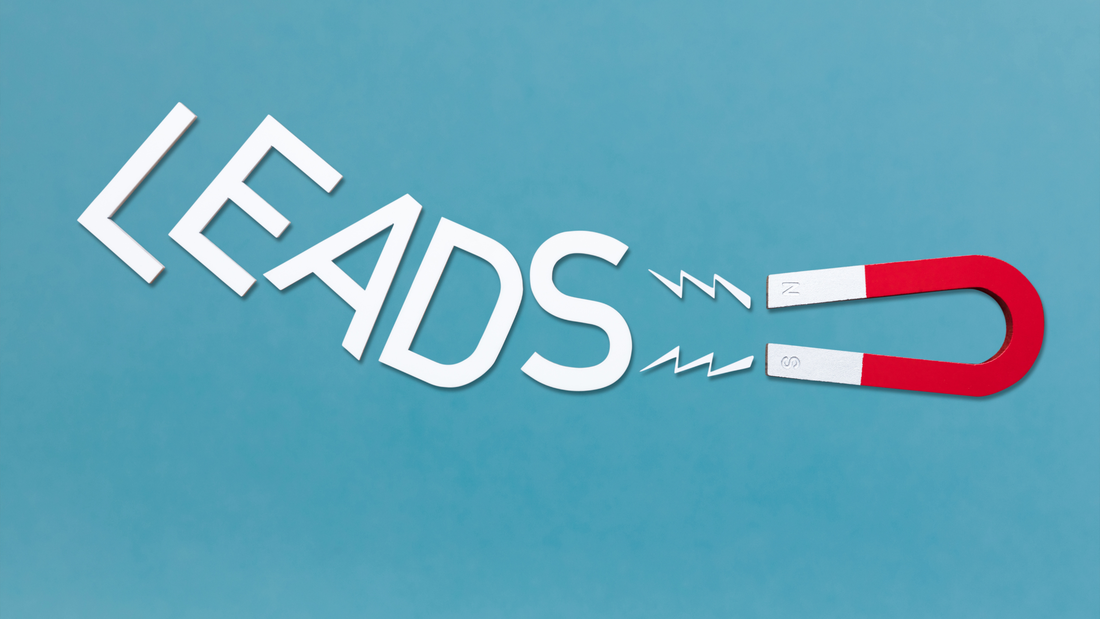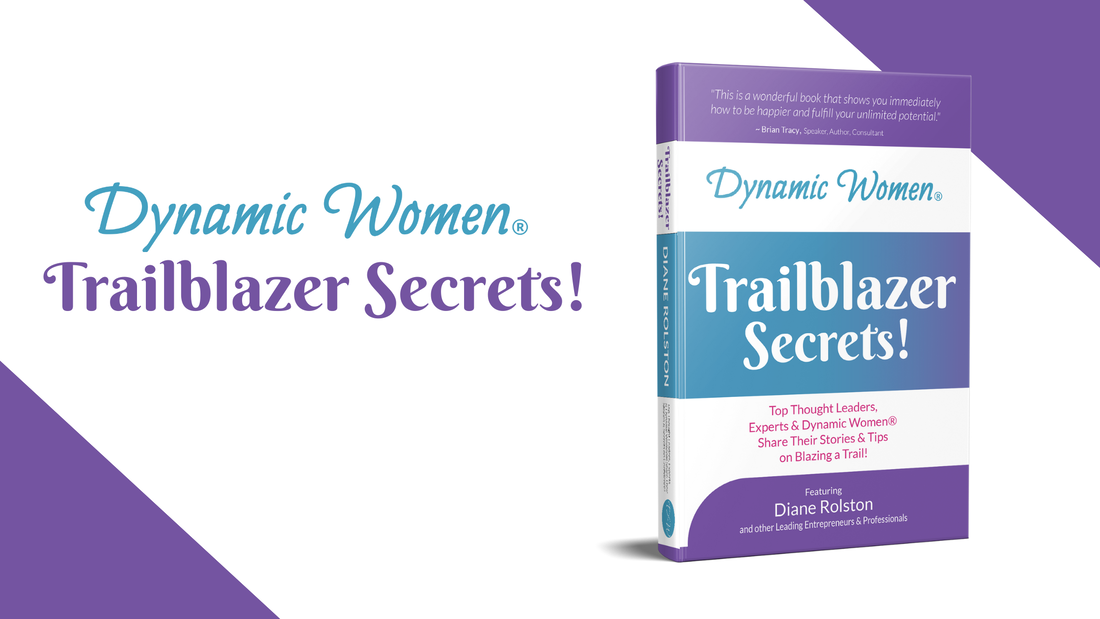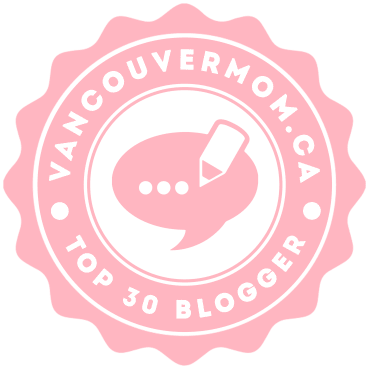|
When life is hard, it’s important to create space for yourself. I had to do that when my cat died last month. You maybe haven’t had this experience; however, you maybe have stuff coming up in your life like:
It could be some other trouble that is just causing stress in your life or making you not feel 100%. Anytime you don't feel 100%, you have permission to create space for yourself. My cat’s passing Basically, my cat was sick with lung and kidney issues. We didn't know exactly what it was, but she wasn't doing well. Then one Wednesday night, she acted strangely and then passed away. My husband and I were upset and we didn’t know what to do because the kids were in bed when she passed. Then, Thursday morning, we woke up, and we had to tell the kids. It was sad, especially because my son was calling her name and looking for her, “Kali! Kali!” We then had to wake up my daughter and tell them both. Death is never easy, especially if you're with your loved one as they die because then you have that memory as well, which I did with my cat. I cried Wednesday night, and then I cried again on Thursday morning, telling my children. She was part of our family. My daughter and my husband brought our cat to a vet clinic to be cremated because I couldn’t handle doing it myself. It was a work day, so I looked at my day, and I saw Pilates, clients, a two-hour Q&A session, another meeting and more. I immediately knew after looking at my face that I was not ready to go on camera, and I was not ready to be in Pilates facing other people because they’d see my face and would ask me, “What's going on? Are you okay?” and I would probably burst out crying. And I wasn’t wrong because a week later, I cried in Pilates when they asked how I was doing. Even if I looked fresh and normal, I still had permission to create space for myself. Space to not be “on”. What creating space means You might be thinking, “What does it even mean to create space?” Well, to take off pressure and stress from yourself to breathe. Create space in your life, time for the grief, for the stress, for whatever it is so that you can move past it. One of them is to not have to be on, where you're like “Hey, everybody, life is good. I’m awesome” and a lot of times you think, “Just don't be fake”. Well, it's not that you're fake, but in my case, since I'm going to coach people, I'm not going to come to my coaching session crying with my clients. I have to be on as a coach. I have to be ready to go, and I have to be ready to give my best and use all of my skills. I knew I couldn't do that. Creating space also means not pushing that feeling of, “Oh, I've got to muster up the energy, the motivation, the ability to be able to do this thing”. That's pushing. When you're already taxed, you don't want to be pushing. That's what creating space means as well. Another thing is, if you're going to create space by not being on, by not pushing, it also means that you're allowing the feelings to come in. I ended up being outdoors and cleaning my patio, tending to my plants, and just doing something physical because I knew mentally I couldn't handle it. My Q&A session was rescheduled, my clients were postponed, and I didn't go to Pilates. Now, could I have done all of these things? A hundred percent. The old me, the A-type, super-driven, perfectionist-type version of me would have done them anyway. But at what cost? Now, I'm at a point where I give myself permission to not have to push and do things. What does that allow for me? It allows me to work through the emotions of grief a lot faster. It allows me to feel so much better. If you’re going through a hard time, I encourage you to create some space for yourself. You don't have to be on. You don't have to do it all. I get that there are some requirements. I still had my VA team meeting at the end of the day because I felt like I could do it and that meeting really needed to happen. But for my Q&A session where I would need to brainstorm strategies for my clients, give ideas, and maybe do wordsmithing and some marketing, I thought, “I know, I can't give it my best” and so it was the smart thing to do. Here are some ways you can create space for yourself 1. Limit your commitments If you're going through a stressful period, you can limit your commitments to other people. Rather than attending a lot of meetings or events, or doing things for others, like taking care of someone's dog, you decide, “Okay, I'm going to limit. I'm not going to commit to all these other things because I don't know what my bandwidth is: my mental bandwidth, my physical bandwidth, my emotional bandwidth”. I know that my capacity has decreased, and so I wanted to make sure that I limited my commitments during that time. 2. Reschedule Limiting commitments means don't take on anything else, and rescheduling is for the things you already have. Do you need to move them, reschedule them or cancel them? My clients are so important to me, I didn't want to show up 50% and a two-hour Q&A session would have drained me. That would have meant the rest of my day would have been a write-off. As much as I could have done it, you have to ask yourself this question: “To what cost do you do it? To what cost do you push yourself? At what cost do you stick to what you said you’d do?” Commitment is one of my number one values, and I am not a suck. I go, I do things and I push through. Physically, I've played sports with broken fingers, broken toes, sprained ankles, and not being able to bend over because of back pain. I've pushed through. I have shown up for a speaking event, and been the first one to arrive even though I was hugging a toilet bowl all night from food poisoning. I have pushed, and I have led a two-day training with headaches. I have pushed. I have shown up for clients when my father was in palliative care. There are times that I've pushed, and there are times that it worked for me. I'm not saying that you just give up everything and have poor commitment, but that you create that space for yourself. 3. Delegate The last thing to do is delegate. There are a lot of things happening in your life, even down to things like laundry, cooking, and cleaning. I know that's why meal trains are a big thing that we do for people in times of need. I delegated stuff to my team. I delegated to one of my VAs, Kristine, for her to set up an email to go out to all of my clients so that we could move the meeting. I also delegated other work to them so that it wasn't on my plate because I knew I just couldn't handle it. Wrapping Up I'm curious as to which part of these will help you the most in creating space when you're having a hard time. You need to have that opportunity to have the space for your emotions, for your feelings, for your brain capacity, all of the pieces. I hope you never have to use these, but let's be honest, this is how life is. If you're feeling overly stressed or overwhelmed, create a little bit of space in your week. Look at your schedule and say,
Share this with a friend, especially someone who you feel needs some help creating space in their life. Maybe they're overbooked or overwhelmed, whatever it may be, share this with them. P.S. Do you need help in delegating? You can go from overwhelm to ease with the help of a virtual assistant. Go here to know how Virtual Assistant Made Easy can help you. Read my other blogs here:
0 Comments
In my last blog, I talked about the benefits of lead magnets. Check that one as well, so you have a little more information on what they are and the importance of them. Examples of Lead Magnets You’re going to read about some examples of lead magnets and their pros and cons. This is just a few options and so don’t be limited by it. I hope this inspires your lead magnet creation. Example 1: E-books and Guides E-books and guides are very comprehensive resources and can be seen as something somebody really wants. However, we want to make sure it's not too big or too dense where the reader doesn’t read it. Create an e-book that's pretty short and has maybe interactive activities in it or has a video that goes with it. Rather than just an e-book, maybe call it a mini-course because people are often more willing to go through a mini-course where it's broken down into different pieces, that comes out on different days, rather than just a full-blown big e-book. Now, it's up to you, though. If your e-book is something that people really covet, then you can give it to them because that's going to have them say maybe “Yes” more quickly to get your e-book, but just know that they might not read it. If your strategy is just to get the lead and get the email address, please know you have to nurture after in order to turn this lead into an actual purchasing client. Example 2: Templates and Worksheets I really like this one because Templates and Worksheets are practical tools that can assist your leads with specific tasks and activities. If you're in finance, you could give a budget template. Maybe you think, “Oh, everyone's giving that.” Well, it's because it works! If you're in project management, you could have a checklist. If you’re in social media, you can give a content calendar. These are all things you can give where people could just start plugging things in and using them right away. The cool thing is, if it's something they're going to use over and over and over again, like a journal template or checklist, or something used more often, like a content calendar, they will constantly be seeing your material and your name. They're going to continue to use it, and you're going to be lying around their office or house. An important tip is to make sure that your branding is on it somewhere. It doesn't have to be massive. It can be discreet, but enough that when they ask themselves or someone asks them, “Where did I/you get this?” They will say your name. Also, if they lose it, hopefully they remember your name and can get it again. Plus, if it’s six months down the road, and they need another copy of it they’ll ask themselves, “Where did I find this? And where did I get this from?” They're going to see your name, your brand name, and maybe your website there. Example 3: Webinars or Online Courses Webinars, courses or masterclasses depending on what you want to call them, are all lead magnets where you teach something. Think about what you want to eventually offer and create a course to position it. So at the end of this lead magnet what do you want them to “be”, “do” or “have” and then reverse engineer it. They can be interactive sessions or are at least engaging and as I said, they provide educational content or training on different topics. Ask yourself:
Make sure that this really does establish your credibility and provides value to these potential customers because they're going to be thinking about,
If their experience with it is confusing, hard, takes too much work, they're going to think that everything you sell is that way. Example 4: Exclusive Access or Trials With these, it gives them access to some premium content. It could be a membership site. It could be early access to new features or products you're offering. It could be a free trial of services or software you're offering. This can cause them to not only jump in and get the Early Access, but could then move them from a trial or early access into actually purchasing it. One-month membership free could then push them to purchase it afterwards because they start to see the value. I was given a month’s access to something for a dollar and another time I was gifted a month’s access after finishing another course and I’m still in the membership. Example 5: Quiz Quizzes are wonderful to offer, and there are many ways that you can do this. A quiz is going to give them some questions where by the end of answering it, it gives them some insight about them. Some ideas from what we've done in the past are:
Another type is to buy access from a quiz site, and it automatically tallies their quiz and gives them a response. Another option is to have it where it will email them the response directly. Sometimes this really bugs me because they weren’t upfront that I would need to give my email to get my results. I don't want them to contact me. I just want the answer to the quiz. You have to really think about how this is going to be, and I like to give them the quiz after the email then results right away as well as emailing it to them. Ways you can do the lead magnet Here are some ways you can share a lead magnet:
There are all different ways to do this, but the key thing is have it someplace where they give you your email address and a way to deliver it. It could be the platform you're on that is delivering it. It could connect to your CRM, where you email from, and it could trigger that which then emails it off. Or you know, in the old days, I used to have people just message me “I want that”, and then I would start emailing them out from my email address. There are so many different ways you can do this. Just make sure if they're giving you their email, you actually deliver on the thing you promise them. Wrapping Up Lead magnets are really important for business. They are a great tool to have and help you attract leads, engage with those leads, and convert them to potential customers. You get to offer value, resources, and incentives. This helps you to capture leads, nurture relationships, and establish yourself as a trusted authority in the industry. I encourage you to have not just one lead magnet. Instead, have many lead magnets because it's going to help you with lead generation, higher conversion rates, and personalized marketing. It gives you the opportunity to build that long-lasting customer relationship. All leads don't have to be people you haven't met yet. You can put out your lead magnets to your current network and see where they're being drawn in again. I encourage you to harness the power of lead magnets. It will propel your marketing efforts forward. It'll drive substantial growth for your business, and they're quite fun because it helps your client or potential client to have a win and you as well. P.S. Speaking of lead magnets, here’s one that you should take advantage! Download the “3 Simple Steps to Figure Out What You Want” booklet. Read my other blogs here:
Are you looking for more strategies for capturing and converting leads? Lead magnets could be the solution. What is a Lead magnet? At its core, a lead magnet is a valuable resource that's going to pull in potential customers because you offer some sort of service or a gift in exchange for their contact information, typically an email address. We don't see as many that go straight for the phone number or straight for a mailing address. Lead magnets are designed to attract and capture leads, leads being potential clients or customers in your business. They are people who may have shown an interest in your business, product, or service, and it gives them a taste of who you are and what you do. It's kind of like having a sample at an ice cream shop. It helps you to decide which ice cream choice you want to have or in the case of some places like Costco, having a sample of something you maybe didn't even know you wanted causes you to buy it. Usually lead magnets are digital assets: ideally something you give online that is passive (you don’t have to work more to give them), and something that doesn't cost you money every time like a physical book. In the case of the ice cream and Costco, they're giving you a sample of an actual product. But oftentimes for coaches, speakers, trainers, facilitators, and experts, what you want to do is give them a taste of working with you. It could be things like ebooks, white papers, templates, webinars, checklists, a 5-day challenge, exclusive access to different resources, or a set of videos. It can even be you giving them a month into your membership or access to a mini course. Why lead magnets? Well, you may feel how fast-paced this digital marketing world is, and we need to capture the attention of potential customers. We need to convert them from a lead into a customer. That is our top priority in marketing. This is where lead magnets come in. It is a gift you would give in response to them giving you their email address. Lead capture, lead magnet, or maybe a gift is what you want to call it. These are very powerful marketing tools. Sometimes, depending on how you put it together, they can offer irresistible incentives. They can also give valuable content in exchange for that contact information. Benefits of Lead Magnets Here are some benefits of a lead magnet, and I would love for you to think which one is most important to you. If you're having any of these as opposite problems in your business, then you definitely want to bring in lead magnets because not everyone likes marketing and not everyone is good at marketing. If you can have a good lead magnet in place, this is going to help you to really build out your marketing strategy, your list and it will work for you while you are not working or you're doing other things. Benefit 1: Lead generation Lead magnets serve as a powerful tool to generate leads by enticing your visitors on your website, social media platforms or even when you're speaking at an event to take the next step with you. There are so many different ways to present this lead magnet and that helps you to get their contact information, so you offer this valuable content or incentives and businesses can expand their pool of potential customers and that's what you're wanting. There was this one time, I was looking to buy some specialized veterinarian cat food for my cat because she was having some kidney troubles. I went on the company's website, and obviously, a lead magnet pops up and offers me a coupon of $5 off when I purchase from their company. Benefit 2: Increase your conversion rates Many people think, “Oh, I'm just getting this because you want to get clients.” Don’t all businesses want clients? It’s the way the economy works. Lead magnets increase your conversion rate because well-crafted lead magnets have the potential to bring in more leads and position what you do for the sale. When those prospects are presented with this valuable content, you're giving them your good stuff or these exclusive offers (key thing: addressing their specific pain points), they're more likely to engage in that material. They're more likely to then provide their contact information to get it, and it helps them to get a taste of what you're about and then you can nurture them afterwards in your sales funnel and guide them toward your sales conversion. They're going to think something like this, “Wow, I got this (insert lead magnet name here). This was really amazing. I used it. It helped me. I want more from this person”. You're starting to build trust in that relationship. Benefit 3: Builds customer relationships Lead magnets help build customer relationships because it provides an opportunity to build trust and credibility with these potential customers. You're offering valuable resources, so businesses can establish themselves as an expert, and a trusted adviser in their industry or field. Having regular follow-ups through email marketing or other channels allows for ongoing communication. You don't want to just give them a lead magnet and then be quiet. You want to be fostering that deeper connection, and then that will help with conversion. Benefit 4: Target marketing Here’s an example. One of my lead magnets is, “The Three Dangerous Trends Professional Women Face that Keep Them Overworked, Overwhelmed, and Pulled in a Million Directions.” Now I can change out the label of “professional women” to coaches, speakers, or whoever I'm wanting to promote to. This lead magnet allows you to segment your audience. If you give a specific lead magnet, and then they say, “I want that lead magnet”, it means they spoke to them. Then you can put them as,
When they say yes to the lead magnet, it shows that they're interested. When you know that they're interested, it helps you to tailor your communication and your offers to them, which enhances the engagement and the conversion rates. If you give your list or even if you go back to your list, and you offer these lead magnets, then they’re self-selecting which ones they want. In particular, you can do this in your Facebook group or other groups online. Benefit 5: Establishing authority When you offer these high-quality lead magnets, it actually makes the person say, “Oh, I'd be stupid not to take this”, and then it positions your business as an authority in the industry or the niche. You get to have valuable insights and information from them, and then they get your expertise from you. You're also able to differentiate yourself from your competitors. If you're showing your material, it could be a checklist or a white paper, but it's really playful and really colorful, and it’s in your voice. Or there are little videos that go with it, you're showing your personality. Maybe when someone else shows themselves as someone who's giving lots of stats or super professional with graphs, you can show what makes you special - your unique positioning can come across. We want people to consume your lead magnet. We don't want to give them something too big and crazy to complete because they won't use it. When your leads consume this valuable content, it really helps them to have that deep sense of trust and confidence in your business, which then influences their business purchasing decisions. We want them to purchase from us and if they see us as the authority then they'll only want to come to us. Even if they were only looking to have a few choices, or they didn't even know they wanted this, as soon as they realize you're the authority, it's really hard for them to pick some other company to go with. Wrapping Up These are five benefits of having lead magnets. If you don't have one, I encourage you to make one. If you have one and it's not converting well, I encourage you to go back through those five and just see what piece you can tweak. In my next blog, I will share examples of lead magnets and ways you can create a lead magnet. P.S. Here’s a lead magnet you wouldn’t want to miss! Grab your copy of “The 5 Critical Problems to Avoid When Delegating.” This will help you maximize your time and increase your profits! Read my other blogs here:
Have you been thinking of writing a book or being in a book, but some things are holding you back? They could be one of the five myths that you've been led to believe that are stopping you from being an author. The reason why I want to cover this is because I keep meeting people who are so impressed that I put out four books on my own and I've also been in six books that other people published. It's not that hard. In the beginning, I felt it was hard, so I really want to share this because you have a story and you have a message that needs to be heard. You actually have multiple messages that need to be heard. I want to make sure you don't get stuck by these myths because they're lies. They're not the truth. I'm going to tell you what the truth is and the solution as well. Myth #1: “You’re not famous, and you don’t have a big network, so you shouldn't write a book.” Actually, it doesn't matter if you have a big network or a big following. If you're trying to get pre-paid to write a book, then yes, you need a platform, meaning you need a lot of people who will buy the book once it is published, so that the publisher is guaranteed you’re going to get the sales they really need to be able to pay you for it. But you don't have to do a book through a publisher just to get paid. The solution is that the book itself is going to bring you opportunities and help you to grow your business. It will give you:
Those are 10 different ways that you can grow your business with a book. You don't need to have your own platform right off the bat. Having the book can help you to build your platform. Myth #2: “You don’t have a good enough story or expertise.” That is just a lie. All you need is great questions to pull out these answers and great stories. A lot of times, especially when we're writing non-fiction, in that case, it is about our expertise. It's about our own stories, rather than writing like we're going to write a professional development or personal development book. You are the expert on your own topic. For a moment, think about your business, your career or your life and answer these questions:
Usually the answer people give me is “Yes, of course. I've done that for social media” or “I've done that for my website.” Right there, you’ve been able to write and publish something. Also, look at the ideas you have written on social media. Those posts you've done are opportunities for content or opportunities to expand out.
It could be something as simple as, how have you been able to have the habit of going to bed at a good time? How have you developed that habit? That could be something you teach or share. Another example is how you were able to get out of a sticky business partnership, that in itself has lots of learning in it.
The answer to these are solutions that really need to be shared.
Where in your life have you had success, and now you have the story, the expertise and the learning to share. Just from those five questions, I'm sure you have lots of things you can write about. You don't have to have a Masters Degree. You don't have to have been in business for 40 years. You just need a starting point, and maybe a new perspective on something you already know. Myth #3: “Writing, editing, and publishing a book takes such a long time. I don't know how I would fit it into my already busy life.” I'll be honest here. For my first book, Dynamic You, I did almost everything myself. I came up with the topic and book outline. I wrote the timeline. I figured out the word count, layout, and formatting. I had three different editors edit it and paid for them. I figured out the cover design then had it made. I did the publishing, shipping, PR, promotions, social media, marketing, sales, and the list goes on. Yes, there is a lot of stuff to do. BUT the solution is there are many done-for-you options out there. Plus, you could already have the content created. You just haven't used it yet or used it in a way that can be published in a book. You can take the things I was saying before about social media or maybe an article, and you can repurpose it. These done-for-you options by publishers or maybe even collaborative books like anthologies are out there. We have our own series, the “Dynamic Women Secrets Series”. We did Success Secrets and Confidence Secrets. Next is Trailblazer secrets. You can be part of one of these collaborative books where all you do is write your piece that goes in the book, and then we take care of everything else for you. That makes it doable. My team and I take care of all the formatting, editing and the publishing. We give you all the PR materials once the book is done. We throw the party, so we do all the heavy lifting, and you just get to write something and enjoy the celebration. That's always an option. Myth #4: “Publishing is so hard, I don't think I could figure it out. How do I even get published?” You have a few options. 1. You can go with a publishing company where you put forward your ideas or your manuscript that's already done. You see if that publishing company will take you on. You might have to go through hundreds of different publishers to see who will take you. 2. You could self-publish. You could go to something like Amazon's Kindle Direct Publishing, which is how I published my first book through Amazon, and then subsequently the other books have been put on there, too. When you choose option 1, your publisher takes care of so many things like formatting your material, adding your bio and your headshot, doing the layout, editing the book, designing the cover, and they are going to then get the publishing done, submit the book for printing and so on. But when you self-publish, you need to do all of those things yourself. There are ways to do that. I've done that myself. I've also helped other clients to be able to do that. 3. In a compilation/anthology/collaborative book, you are not getting a publisher and you’re not the publisher. Someone else does all those pieces for you and really walks you through the process. Yes I do my own collaborative books, and have coached clients to write and publish their books, so you may think I'm a publishing company, but I'm not. Instead, I love offering a solution for how my clients can easily be a published author. The benefit is my team has already ironed out all the kinks. And since we cover all of those details, it's really, really simple for you. It's a breeze because you just submit your piece and we do the rest. You get your piece published without having to pay heavily for a publisher, without having to schlep your book or your ideas all over the place to try and get a publisher, without having to do all of the work yourself by self-publishing. All you really need to do is decide to be part of it and decide what you'll write about. Then my team or the collaborative team, they take it from there. Myth #5: “It’s really expensive to publish a book.” It can be really expensive. If you do it all yourself, then you're paying for editors, designers, PR people, and a marketing team. You're paying for all the people separately. If you pay a publisher (because you can pay a publisher if they're not going to take you on and pay you), then you're paying them to do the whole process for you. If you are getting brought on by a publisher, then they are taking the chance that you’re going to sell enough books and if in the end, you don't sell the number of books they need you to sell, then you’ll find yourself with a bill. When you join an anthology or collaborative book, they're doing everything for you. Yes, you are investing in the opportunity because they're doing all the work for you. However, without it being a solo book (a book that's just you), you're going to share the investment with the other authors, which takes away a lot of the risk because it's not just you trying to sell the book. Everyone will be selling the book. That also reduces the time it takes it to be done because you're not trying to find everyone. It takes away the overwhelm. I know, because when I did my first book, there were a lot of learning curves. You don't have to feel overwhelmed about getting your book published. It will just be taken care of for you. Wrapping Up At this point, maybe some of you think you’re not going to fall into those five myths and that you’re going to self-publish. For those of you who are thinking, “Well, I like that collaborative idea of someone else doing it all for me, and a smaller investment of time, energy, and resources.” We do have a few spots left in the Trailblazer Secrets Books that is coming out in 2023. I'm also happy to answer any questions you have, you can email me at [email protected], and I will talk to you about it. The key thing is don't let someone else's myths or society's myths or false truths be the thing that holds you back. Your story is important. Your expertise is really important. It's crucial to get these things out there because so many people go through life wanting to do a book and don't ever get the chance. That moment where you get to hold that book in your hands is amazing. I have seen the faces of the authors when they hold their first copy. I can remember when publishing Dynamic Women Success Secrets, and I dropped off books to one of the authors. They held it, and they joyfully said, “Oh my goodness, I'm really an author, like it's real.” To look at the book and to see their photo on the book and to open it up and to see their story, and what they're teaching in the book. They said, “Wow, I'm really an author.” Then that moment where they autograph their piece, and they give it to someone or they sell that book, and they hold that money in their hand, that is such an amazing experience. Having a book opens up so many doors. Read other blogs here:
|
Archives
June 2024
Categories
All
|
My services |
Privacy Policy
|
Coaching Resources |
Connect with me
|














 RSS Feed
RSS Feed